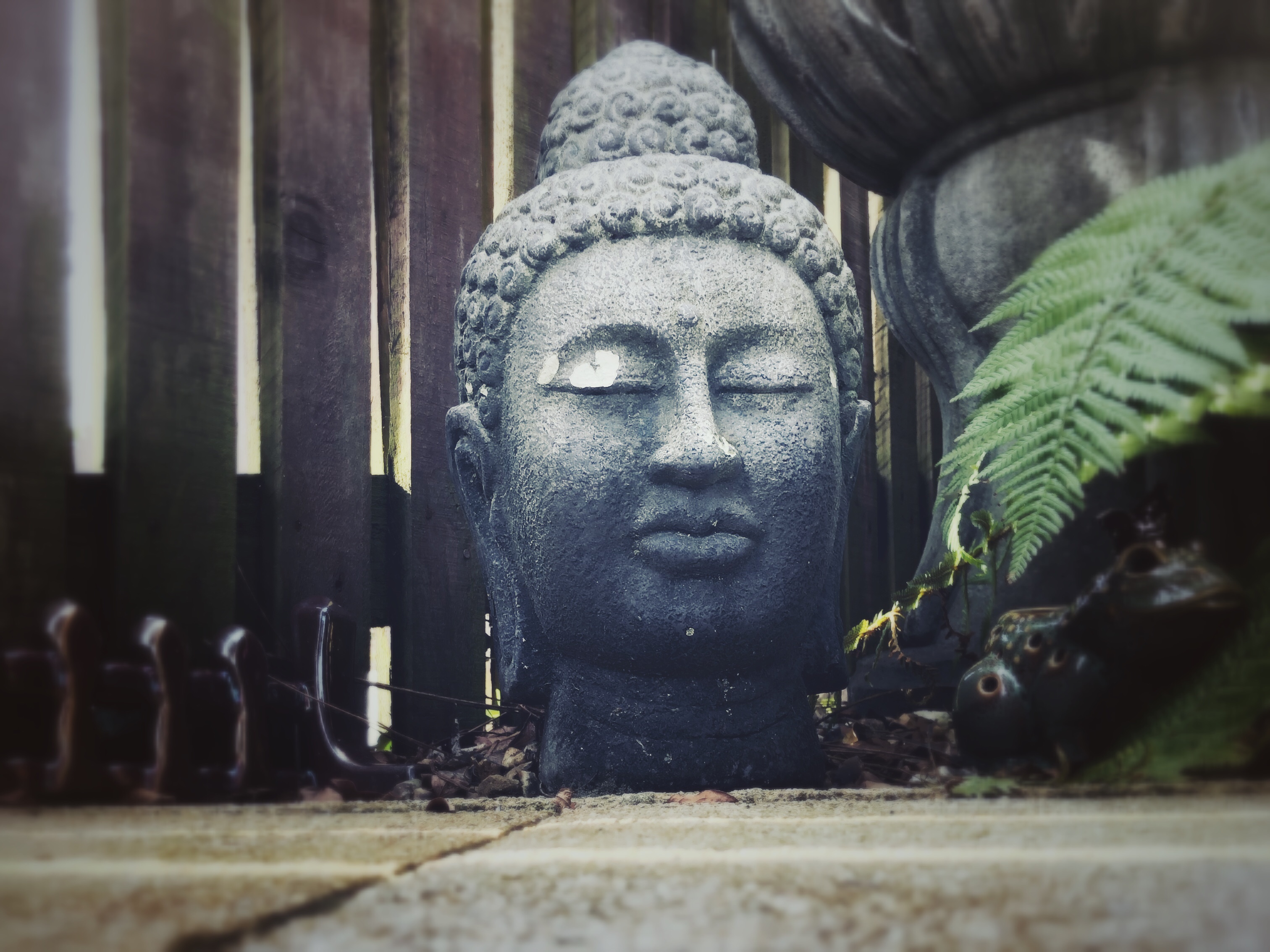Every human has felt the sting of shame that we are somehow not good enough and that we don’t belong. For many, myself included, this shame can become a periodic (or even a semi-permanent) trance that clouds every experience. For me, these trances can last a few hours or more likely a few days. I’m not the husband or father or son I want to be in during times. In other words, it sucks.
Surely there is a way to break this cycle? I’m no slouch with self-improvement efforts. I’ve certainly been looking for clues but have yet to find the key.
After a lifetime of working with the poor and the sick, Mother Teresa’s surprising insight was: “The biggest disease today is not leprosy or tuberculosis but rather the feeling of not belonging.”
Breaking the “trance of unworthiness” is the central theme of Radical Acceptance by Tara Brach, which I’m reading as part of my amplify and reduce goals for April. This book came across my radar several years ago and kept popping up in various book recommendations and just randomly in my conscious as something important and useful for me.
Ok universe, I’m listening. The time has come to see whether my instinct about this book is right or not. I’ve already skimmed it and now I’m really starting it…
Wait, I already skimmed it you say? Yes, and I read a few bits of chapters here in there. Let me explain: I’m approaching the reading of this book in a different mode than usual for me, making an attempt to read and digest the ideas more deliberately. In other words, I’m not reading it at the end of the day while drifting off to sleep. Even though I’m enjoying it, the goal here isn’t to have “fun” but to digest new ideas and put them into practice. See How to Read a Book: The Ultimate Guide by Mortimer Adler for more on this, but I’m aiming for the analytical approach and maybe that will lead to some syntopical reading (today I learned what syntopical means!).
My aim this month was to cover a chapter week at least so I’ll carry this forward into the coming month(s). I think of this sort of like a training exercise as the book is organized not unlike a class with a curriculum that covers (and I’m oversimplifying here):
- How the trance of unworthiness is created from our experiences growing up and our cultural norms, with a comparison made between eastern and western traditions
- What the practice of radical acceptance is and isn’t, and why it can help everyone
- How to put Radical Acceptance into practice through various examples and exercises that include guided meditations and reflections
[…] our culture’s guiding myth is the story of Adam and Eve’s exile from the Garden of Eden. We may forget its power because it seems so worn and familiar, but this story shapes and reflects the deep psyche of the West. The message of “original sin” is unequivocal: Because of our basically flawed nature, we do not deserve to be happy, loved by others, at ease with life. We are outcasts, and if we are to reenter the garden, we must redeem our sinful selves. We must overcome our flaws by controlling our bodies, controlling our emotions, controlling our natural surroundings, controlling other people. And we must strive tirelessly—working, acquiring, consuming, achieving, e-mailing, overcommitting and rushing—in a never-ending quest to prove ourselves once and for all.
I should also point out that Radical Acceptance is rooted in Buddhist teachings and philosophy, which are interwoven quite tightly into the ideas behind the book. This is a plus for me (I’ve always been interested in learning more about Buddhism), but I don’t see it as a requirement to be an adherent or anything in order to get a lot of benefit here.
The renowned seventh-century Zen master Seng-tsan taught that true freedom is being “without anxiety about imperfection.” This means accepting our human existence and all of life as it is. Imperfection is not our personal problem—it is a natural part of existing. We all get caught in wants and fears, we all act unconsciously, we all get diseased and deteriorate. When we relax about imperfection, we no longer lose our life moments in the pursuit of being different and in the fear of what is wrong.
How can I fully accept my flaws and misgivings and, by doing so, see more clearly the things I might benefit from changing?
The curious paradox is that when I accept myself just as I am, then I can change.
Carl Rogers
I’m off to look for clues.








Leave a Reply to hbsuefredCancel reply